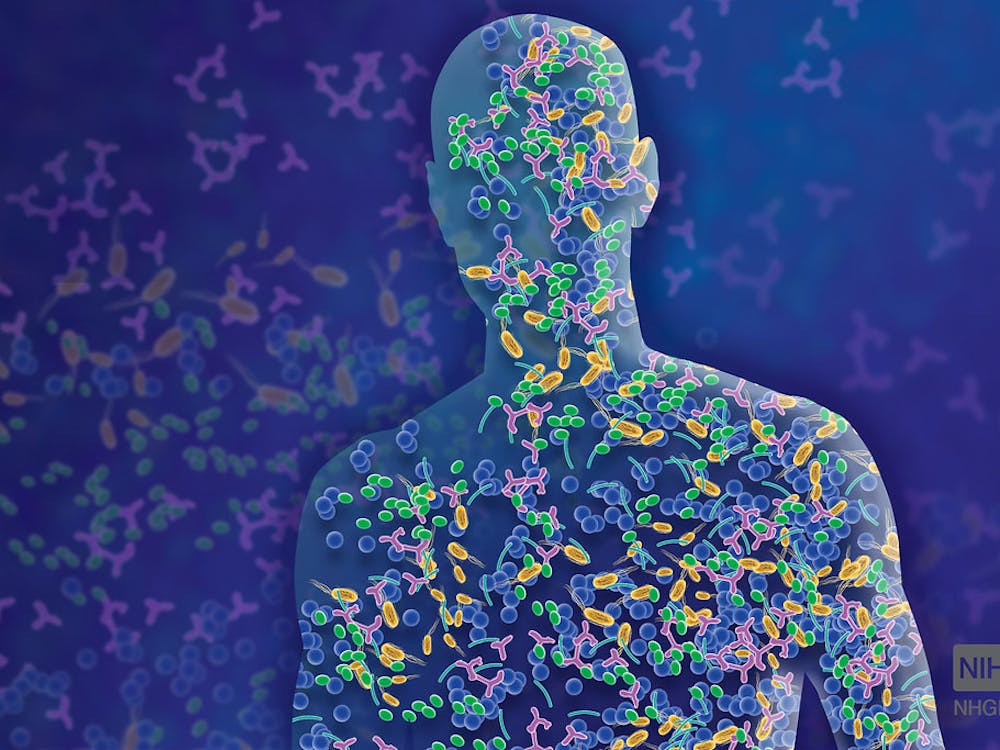A group of German and Austrian researchers from the Institute for Operations Research and the Management Sciences collaborated on a recent study titled “I Lie? We Lie! Why? Experimental evidence on a dishonesty shift in groups.”
Published in the journal Management Science, the study suggests that when in groups people tend to act more immorally than when they’re alone. Over recent years, many major companies, including WorldCom, Enron and Volkswagen, have been involved in major lies to the public.
Led by Martin Kocher, Simeon Schudy and Lisa Spantig of the Ludwig-Maximilians-University (LMU) Munich, the experiments attempted to answer questions about how we can explain the observed unethical behavior. Can we reduce it down to the aggregation of individual failures to comply with the norm, or can we assume that there are aspects inherent to organizations that better account for the phenomenon?
Through a series of experiments with 273 test participants, Kocher and his colleagues first worked to confirm that individuals do in fact act differently in groups and then worked to uncover the reasons.
During the experiments, subjects participated in a die-rolling task. The team asked participants to watch a video of a dice roll and then report on the results in exchange for monetary compensation. The higher the result of the dice roll, the higher the pay-off.
First, individuals watched videos, and then those same individuals participated in a group of three. The team designed two group settings; One in which all the group members reported on the same number to receive a payoff and one in which each individual member of the group does not have to report the same result. However, in the third scenario if reported numbers differed within a group, no one received payoff.
In the individual experiments, the researchers found that 61.5 percent of participants misreported their number.
In the first group scenario, where all members had to report the same number, 89.7 percent of participants lied. In the second group scenario, 86.3 percent of participants were dishonest.
“We observed that groups lie significantly more than individuals when group members face mutual financial gain and have to coordinate an action in order to realize that financial gain,” Kocher said in a press release.
Perhaps one of the most interesting results came from the ability of participants to interact with each other in group settings.
Participants were placed in a group chat with one another, in which they could discuss anything from the weather to the weekend, and where they were going to report the result.
Even if individuals reported honestly in the first part of the experiment, the same individuals tended to report dishonestly in the group scenarios. This result debunks the theory that unethical behavior in group situations comes from individual belief systems.
As a result of their ability to communicate, each participant was more disillusioned to the others’ honesty.
In other words, each person’s expectations about honest behavior in the experiment were lowered as a result of reasoning the solution out with one another.
In fact, of the messages that were exchanged among group members, 43.4 percent argued for dishonest reporting, while only 15.6 percent consisted of arguments for honesty.
“The ability for group members to exchange and discuss potential justifications for their dishonest behavior can create an overall shift in the group’s beliefs of what constitutes moral behavior,” Spantig said. “This allows them to establish a new norm regarding what does or does not constitute dishonest behavior.”






















Please note All comments are eligible for publication in The News-Letter.